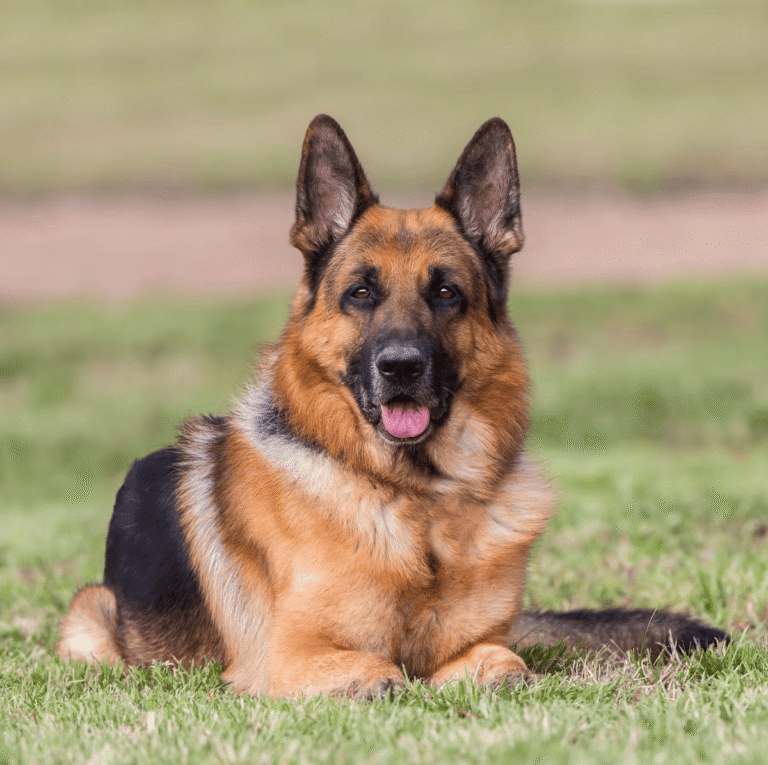Introduction
A guard dog has long been valued as both a loyal companion and a reliable protector. These specially trained or naturally vigilant dogs are known for their ability to protect property, livestock, and families from threats. Unlike regular pets, guard dogs have strong instincts to watch over their territory and alert their owners to danger. Throughout history, they have been an important part of human life, ensuring safety while also offering companionship.
What is a Guard Dog?
A guard dog is a dog trained or bred to protect people, homes, or livestock. They are different from attack dogs, as their primary role is to alert and deter intruders, not to harm. Many guard dogs are large, confident, and loyal breeds that stay alert and respond quickly to unusual sounds or movements. Their presence alone can discourage unwanted visitors or threats.
Common Breeds of Guard Dogs
Some breeds are more suited to guarding than others due to their size, temperament, and instincts. Popular guard dog breeds include:
- German Shepherd – Intelligent, loyal, and protective.
- Rottweiler – Strong, fearless, and dependable.
- Doberman Pinscher – Alert, fast, and courageous.
- Bullmastiff – Gentle with family but fierce toward intruders.
- Anatolian Shepherd – Traditionally used to protect livestock.
Each of these breeds brings a mix of loyalty, intelligence, and protective instincts that make them excellent guardians.
Roles and Responsibilities
Guard dogs serve different purposes based on training and environment:
- Family Protection: They safeguard homes and loved ones.
- Property Security: Guarding farms, warehouses, or businesses.
- Livestock Protection: Breeds like the Great Pyrenees protect sheep and cattle from predators.
- Military and Police Use: Specially trained dogs assist law enforcement with patrols and security.
Training a Guard Dog
Training is key to ensuring a guard dog is effective yet safe. A well-trained dog will bark or alert at suspicious activity but remain calm around friends and family. Obedience training, socialization, and positive reinforcement are crucial. Without proper training, a guard dog could become overly aggressive or anxious.
Advantages of Having a Guard Dog
- Provides security and peace of mind.
- Acts as a natural deterrent to intruders.
- Offers loyal companionship.
- Reduces the need for costly security systems.
Things to Consider Before Getting a Guard Dog
Owning a guard dog requires responsibility. They need regular exercise, proper training, and a strong bond with their owner. Families should ensure the dog is well-socialized to avoid accidents or unnecessary aggression. It’s also important to choose a breed that matches the household’s lifestyle and space.
Conclusion
A guard dog is more than just a security measure; it is a loyal companion and trusted friend. With the right training and care, these dogs can provide both protection and love, creating a safer and more comforting environment for families, farms, and businesses.
